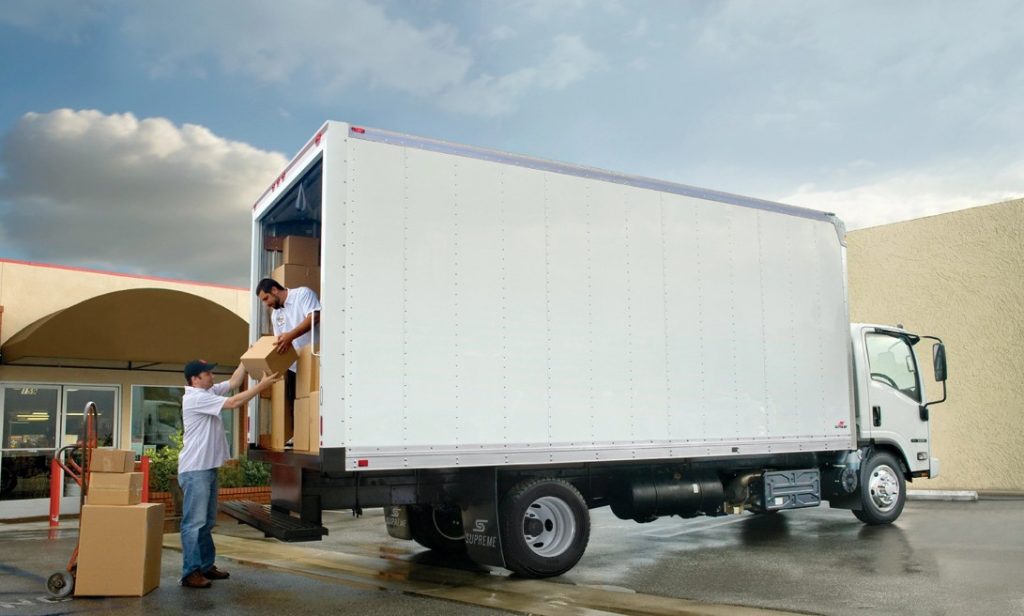Comprehensive Pediatric Dental Services for Healthy Smiles and Happy Kids
A child’s smile is a precious sight, and ensuring the health and happiness of those little grins requires specialized care. At the pediatric dental practice, we are dedicated to providing comprehensive dental services tailored specifically for children. The team of experienced and compassionate pediatric dentists is committed to creating an environment where kids feel comfortable, safe, and even excited about dental visits. Preventive care is at the heart of the pediatric dental services. We believe in the power of early intervention to establish a foundation for a lifetime of optimal oral health. Regular check-ups, cleanings, and fluoride treatments are essential components of the preventive approach. The pediatric dentists understand the unique needs of growing smiles and work closely with parents to develop personalized care plans that address each child’s specific concerns. One key aspect of the preventive care is education. We believe that when children and their parents understand the importance of good oral hygiene, they are better equipped to maintain healthy habits at home.

The team takes the time to educate both children and parents on proper brushing and flossing techniques, the importance of a balanced diet for oral health, and the role of preventive measures in avoiding common dental issues. In addition to preventive care, the pediatric dental services encompass a wide range of treatments to address various dental conditions. We are equipped to handle routine procedures such as dental cleanings, sealants, and fluoride applications, as well as more specialized treatments like cavity fillings, extractions, and space maintainers. The goal is to provide comprehensive care that meets the unique needs of each child, promoting not only dental health but also overall well-being. We understand that visiting the dentist can be intimidating for children, so we prioritize creating a positive and comfortable atmosphere. The dental office is designed with kids in mind, featuring colorful and welcoming spaces that help ease anxiety and make dental visits an enjoyable experience. The friendly and patient team takes the time to build trust with each child, ensuring that they feel at ease during every step of their dental journey.
Beyond clinical care, we emphasize the importance of building a strong foundation for a positive attitude toward dental health and Visit our Site. The pediatric dentists engage with children in a friendly and approachable manner, fostering a sense of trust and confidence. We celebrate each milestone in a child’s oral health journey, reinforcing the idea that taking care of their teeth is an essential part of growing up. As part of the commitment to comprehensive pediatric dental services, we also prioritize early orthodontic evaluation. Monitoring the growth and development of a child’s jaw and teeth allows us to identify potential orthodontic issues early on, paving the way for timely intervention if needed. The pediatric dental practice is dedicated to providing comprehensive services focused on promoting healthy smiles and happy kids. We believe that investing in a child’s oral health from an early age lays the groundwork for a lifetime of confident smiles. With a combination of preventive care, education, and a child-friendly approach, we aim to make dental visits a positive experience, setting the stage for a future of optimal oral health and overall well-being.
